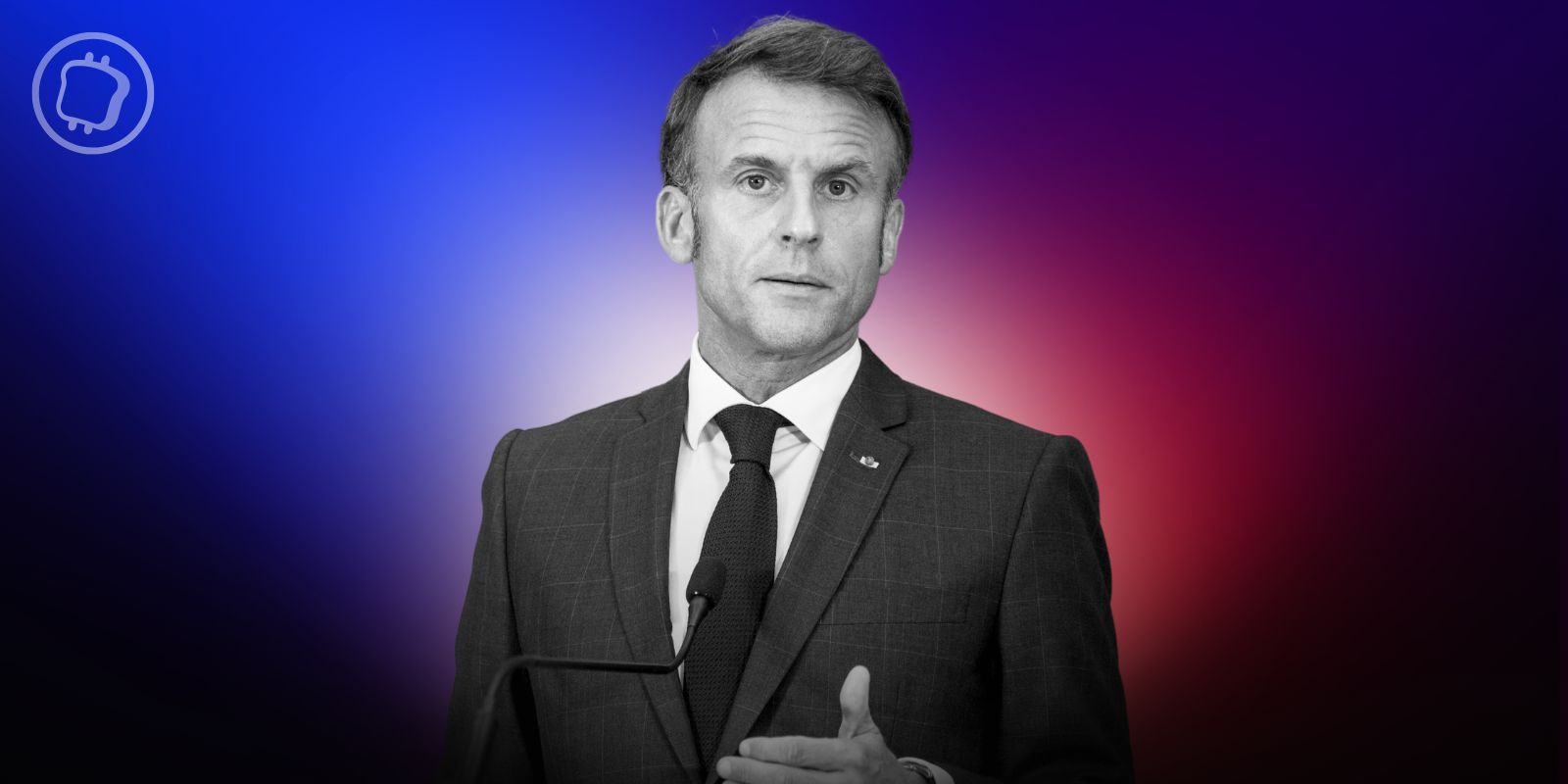This weekend, VanEck announced the closure of one of its Ethereum (ETH) ETFs, while WisdomTree withdrew the listing application for its own. Is this a negative signal for Ethereum ETFs as a whole?
VanEck Delists Ethereum (ETH) ETF
At the end of the week, Asset manager VanEck has announced the closure of one of its ETFsnamely the Ethereum Strategy ETF (EFUT), a vehicle based on ETH Future. This decision comes barely a year after the launch of this product.
In a press release, the company detailed its choice:
As the sponsor of the VanEck ETFs, VanEck continually monitors and evaluates its ETF offerings based on a number of factors, including performance, liquidity, assets under management and investor interest, among others. The decision to liquidate the Fund was made based on an analysis of these factors and other operational considerations.
So, VanEck ETF listing to be officially halted on September 16and its remaining holders will be reimbursed on September 23.
💡 How to invest in an Ethereum ETF?
Until this announcement, EFUT had $21.24 million in assets under management, compared to $55.56 million for its cousin based on ETH spot, which remains maintained.
Coinhouse: the most reputable French crypto platform
WisdomTree also withdraws a listing project
In parallel with this announcement, WisdomTree also withdrew a request for approval of a Form S-1 for a spot Ethereum ETF. with the Securities and Exchange Commission (SEC). The first application for the fund in question was made on May 27, 2021, and was not part of the wave of ETFs approved this summer.
However, the asset manager wants the SEC to credit the costs incurred by this procedure for a future project:
The Company acknowledges that no refund will be made for fees paid to the Commission in connection with the filing of the registration statement. However, pursuant to Rule 457(p) under the Securities Act, the Company requests that all fees paid to the Commission in connection with the filing of the registration statement be credited for future use.
To date, all U.S. Ethereum ETFs represent $6.22 billion in assets under managementcompared to $48.33 billion for Bitcoin ETFs.
Thus, this amount represents a 7.77 times lower capitalization for Ethereum ETFs, while on the cryptocurrencies capitalization side, that of ETH is 3.9 times lower than BTC. Such a difference between these two ratios can highlight the preference of institutional investors for BTC, in a context where ETH is also underperforming. It can also open the debate on the usefulness of ETFs indexed to other cryptos, such as Solana (SOL) for example.
👉 Also in the news — SpyAgent, the virus that steals private keys stored on Android — How to protect yourself?
At the time of writing, ETH is trading at $2,280, up 2% in 24 hours.
Cryptoast Research: Don't Spoil This Bull Run, Surround Yourself With Experts
Sources: VanEck, WisdomTree
The #1 Crypto Newsletter 🍞
Receive a daily crypto news recap by email 👌
What you need to know about affiliate links. This page may feature investment-related assets, products, or services. Some links in this article may be affiliate links. This means that if you purchase a product or sign up for a site from this article, our partner pays us a commission. This allows us to continue to provide you with original and useful content. There is no impact on you and you can even get a bonus for using our links.
Investing in cryptocurrencies is risky. Cryptoast is not responsible for the quality of the products or services presented on this page and could not be held responsible, directly or indirectly, for any damage or loss caused following the use of a good or service highlighted in this article. Investments related to crypto-assets are risky by nature, readers must do their own research before taking any action and only invest within the limits of their financial capacities. This article does not constitute investment advice.
AMF recommendations. There is no guaranteed high return, a product with a high return potential implies a high risk. This risk-taking must be in line with your project, your investment horizon and your ability to lose part of these savings. Do not invest if you are not prepared to lose all or part of your capital.
To go further, read our Financial Situation, Media Transparency and Legal Notices pages.








